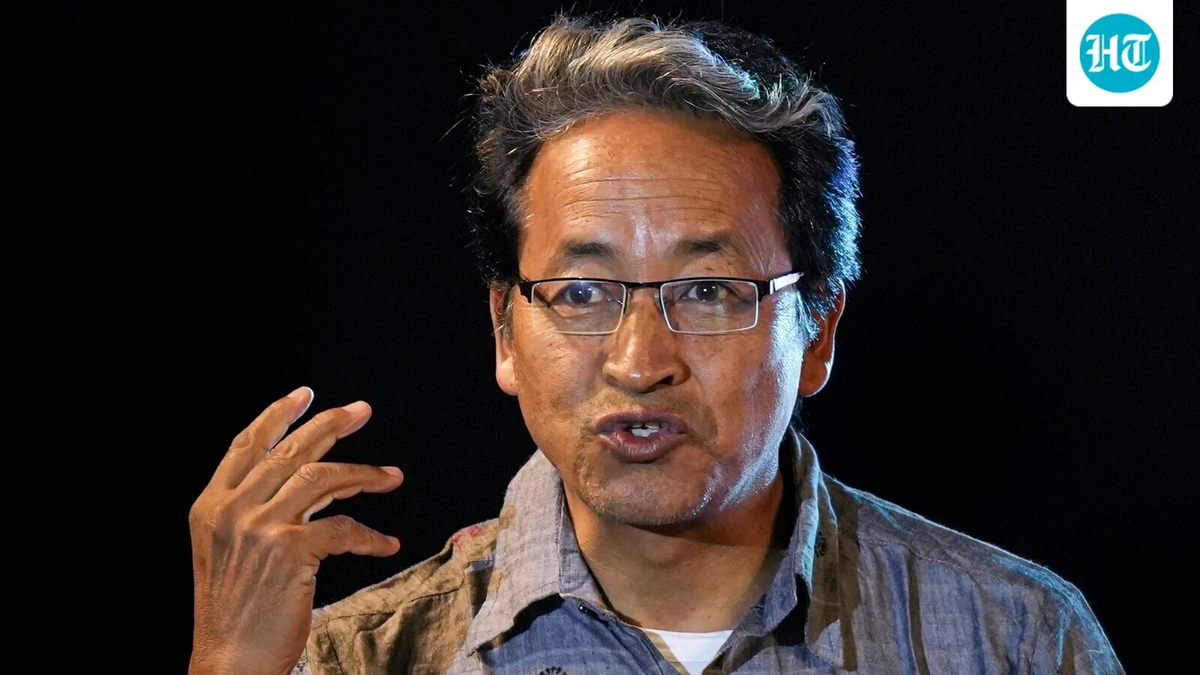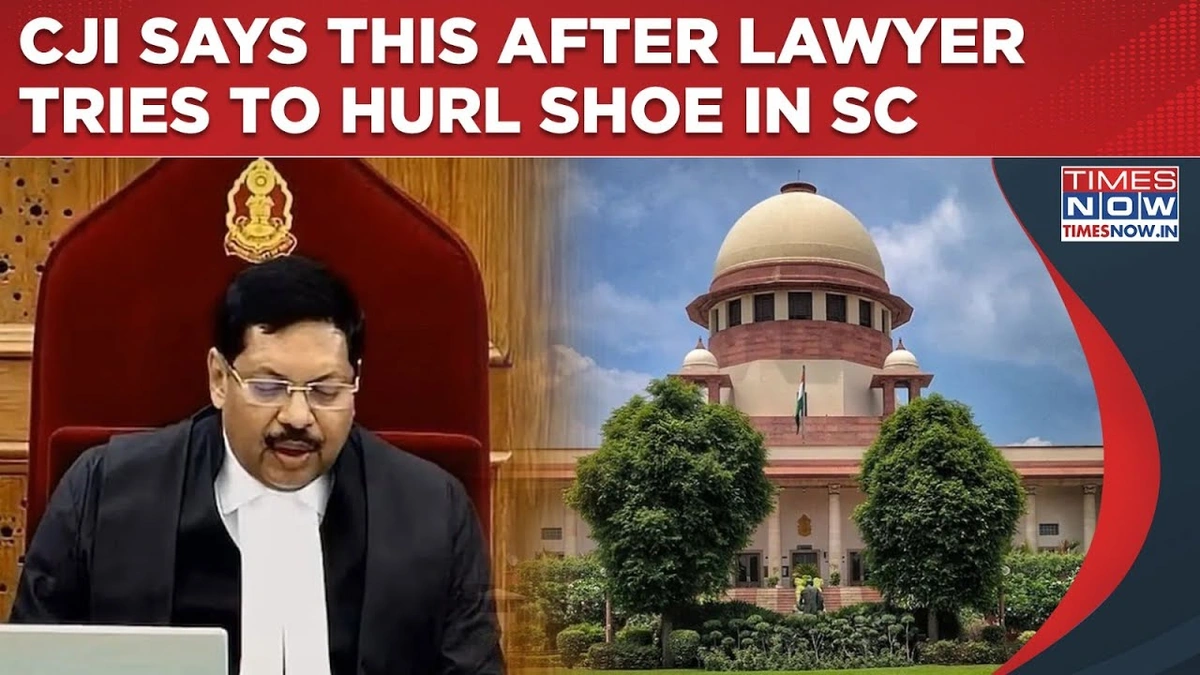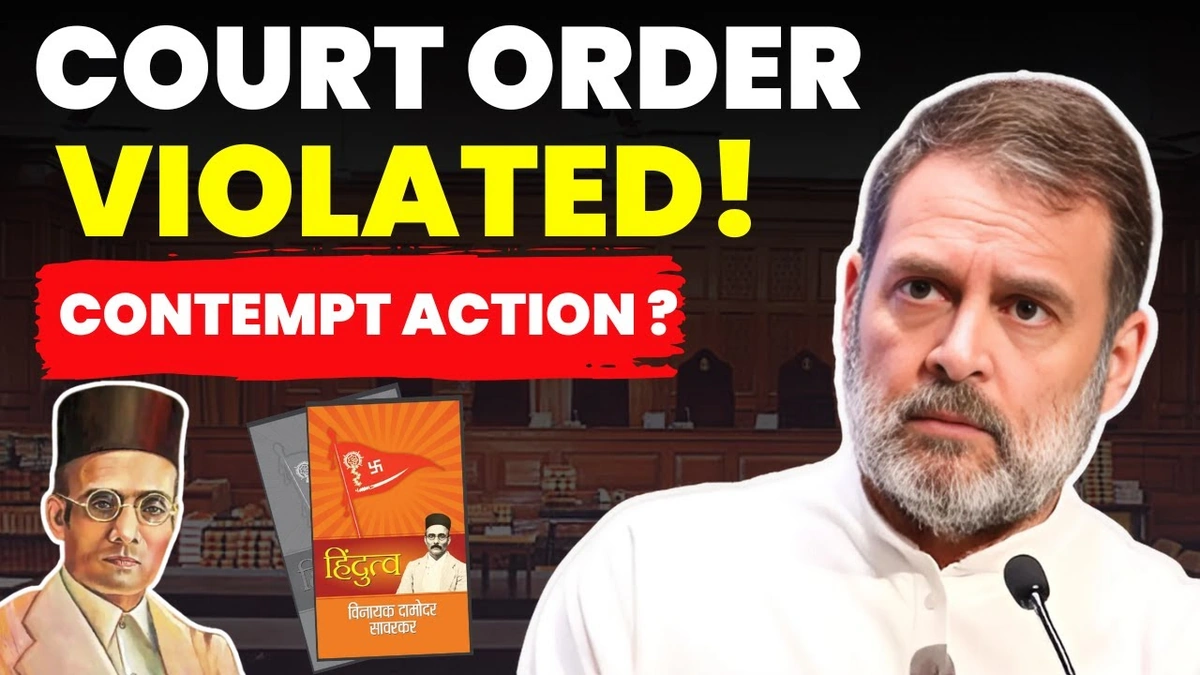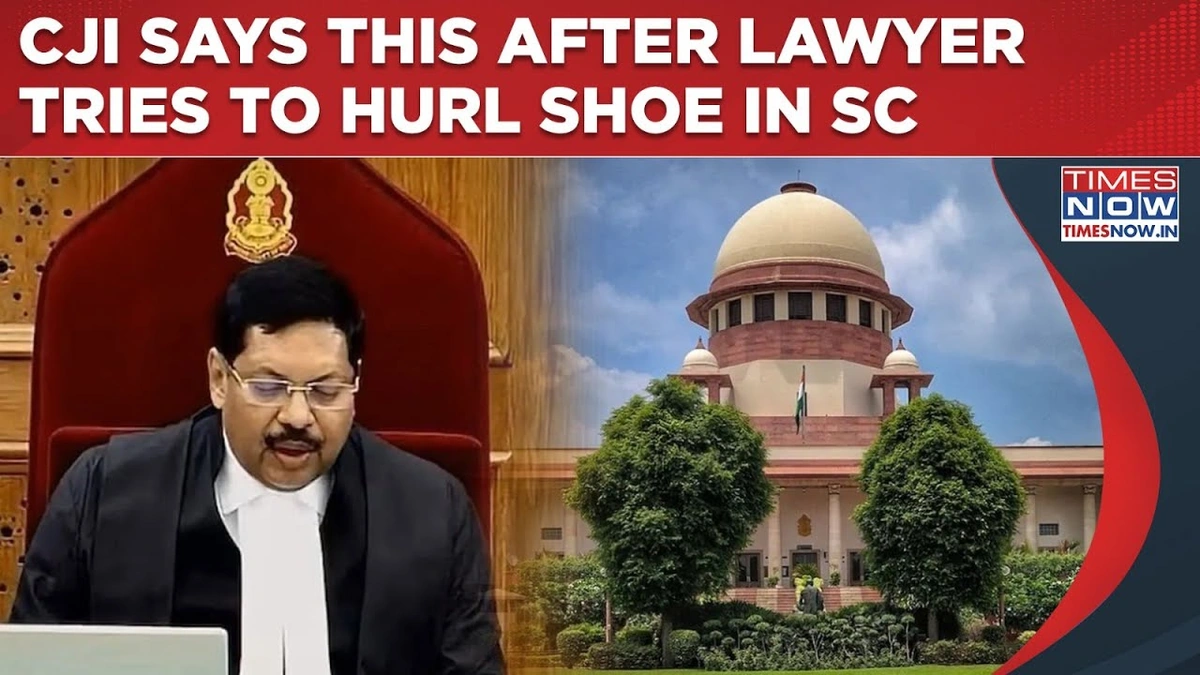Supreme Court Seeks Explanation on Sonam Wangchuk’s NSA Detention
Okay, let’s be real. When you hear “Supreme Court” and “NSA Detention” in the same sentence, your brain probably does a little bit of a somersault, right? It’s not exactly everyday news. But here’s the thing – this isn’t just about legal jargon and courtrooms. This is about a man, Sonam Wangchuk , known for his innovative educational reforms and environmental activism in Ladakh. So, why is the Supreme Court involved, and why should you, sitting in your cozy home in India, even care? Let’s dive in.
The “Why” | Unpacking the Layers

Here’s why this matters beyond the headlines: it touches upon fundamental questions of freedom of speech, dissent, and the government’s power to detain individuals under the National Security Act (NSA). The NSA, a law that allows preventive detention for extended periods, is often criticized for its potential misuse. And when someone like Sonam Wangchuk , who has a significant following and a history of speaking out on social and environmental issues, is detained (or faces the threat of detention), it raises serious concerns. What fascinates me is how this case brings together environmental activism, freedom of expression, and national security concerns – a potent mix, to say the least.
But, and this is a big but, the Supreme Court seeking an explanation isn’t necessarily an indictment. It’s a crucial step in ensuring that the government’s actions are within the bounds of the law and that due process is followed. Think of it as the Court asking, “Hey, what’s the deal here? Show us the evidence.”
The Backstory | Who is Sonam Wangchuk?
For those unfamiliar, Sonam Wangchuk isn’t just another name. He’s an engineer, innovator, and education reformist whose work inspired the Bollywood blockbuster ‘3 Idiots’. He founded the Students’ Educational and Cultural Movement of Ladakh (SECMOL) and is renowned for his Ice Stupas project, an ingenious solution to water scarcity in the high-altitude desert region. He is also vocal about climate change and its impact on the fragile Himalayan ecosystem. So, his voice carries weight, especially concerning environmental issues in Ladakh.
NSA Detention and Freedom of Speech
This is where things get tricky. The government’s justification for considering NSA detention likely revolves around maintaining public order and preventing potential threats to national security. However, critics argue that such measures can be used to stifle dissent and suppress voices critical of government policies. The core issue is balancing national security concerns with the fundamental right to freedom of speech and expression. A common mistake I see is people thinking of these as mutually exclusive – they aren’t. A healthy democracy thrives on open dialogue and the ability to question authority, even when it’s uncomfortable.
Let me rephrase that for clarity – the heart of the matter is whether Wangchuk’s actions genuinely posed a threat to national security, or if the threat of detention was intended to silence his critical voice. The Supreme Court’s intervention is crucial in ensuring that this question is answered fairly and transparently.
According to reports, the concerns stemmed from Wangchuk’s public speeches and social media posts about the environmental challenges in Ladakh and his criticisms of the government’s development policies in the region. Whether these criticisms warranted the invocation of the NSA is precisely what the Supreme Court will examine. As per various news sources, the Court has asked the government to provide a detailed explanation of the grounds for considering his detention under the NSA.
What Happens Next? The Road Ahead
The Supreme Court’s demand for an explanation is just the first step. The government will now have to present its case, providing evidence to justify its actions. The Court will then assess whether the government’s justification is reasonable and whether the due process was followed. This process could involve multiple hearings, the submission of affidavits, and potentially, the examination of witnesses. The outcome will have significant implications, not only for Sonam Wangchuk but also for the broader issue of civil liberties and freedom of expression in India. Here ‘s why this case is under high-scrutiny.
And, let’s be honest, this case is being watched closely by activists, human rights organizations, and concerned citizens across the country. It serves as a litmus test for the government’s commitment to upholding fundamental rights and protecting dissenting voices.
LSI & Related Keywords Integration
Here, we’ve woven in related keywords like ‘ Ladakh activist ‘, ‘ environmental activism ‘, ‘ National Security Act criticism ‘, ‘ freedom of expression India ‘, ‘ dissent suppression ‘, ‘ preventive detention law ‘, and ‘ civil liberties India ‘ to provide a richer context and greater discoverability of the content.
FAQ Section
Frequently Asked Questions
What exactly is the National Security Act (NSA)?
The NSA is a law that allows the government to detain individuals for up to a year (extendable) if they are deemed a threat to national security or public order.
Why is the Supreme Court involved in this case?
The Supreme Court’s role is to ensure that the government’s actions are constitutional and that due process is followed. In this case, the Court is examining whether the potential detention of Sonam Wangchuk under the NSA is justified and lawful.
What are the implications of this case for freedom of speech?
This case raises important questions about the balance between national security and freedom of expression. If the government can easily detain individuals for expressing dissenting views, it could have a chilling effect on free speech.
Where can I find more information about the NSA and its use in India?
You can find more information on the official websites of the Ministry of Home Affairs and by researching legal databases and news articles about the NSA. Check it out here.
What is Sonam Wangchuk known for?
Sonam Wangchuk is an engineer, innovator, and education reformist known for his work in Ladakh, including the SECMOL school and the Ice Stupas project.
What is Preventive detention?
Preventive detention is detaining a person to prevent him/her from committing an offence or preventing him/her from being prosecuted
So, there you have it. The Supreme Court seeking an explanation on Sonam Wangchuk’s NSA detention isn’t just a legal story; it’s a story about balancing power, protecting voices, and ensuring that the principles of a democratic society are upheld. And that, my friend, is something worth caring about.













